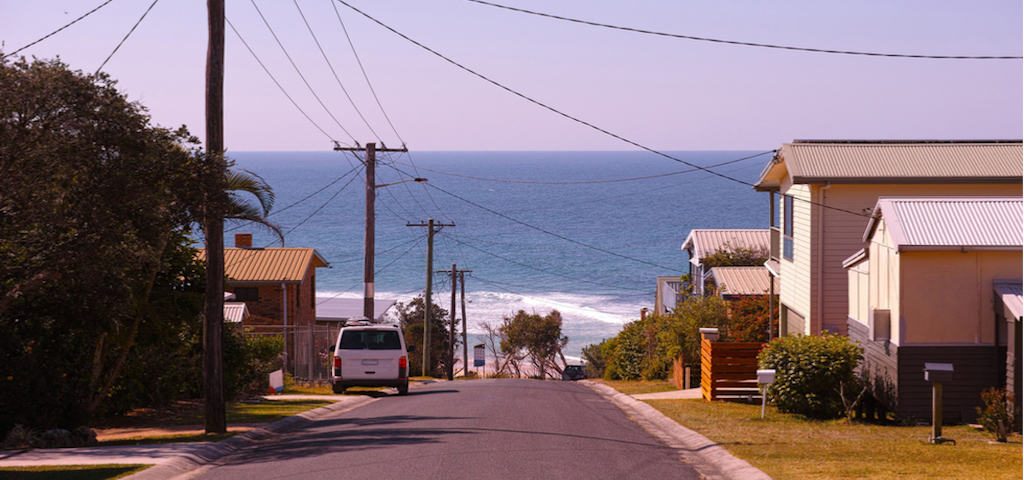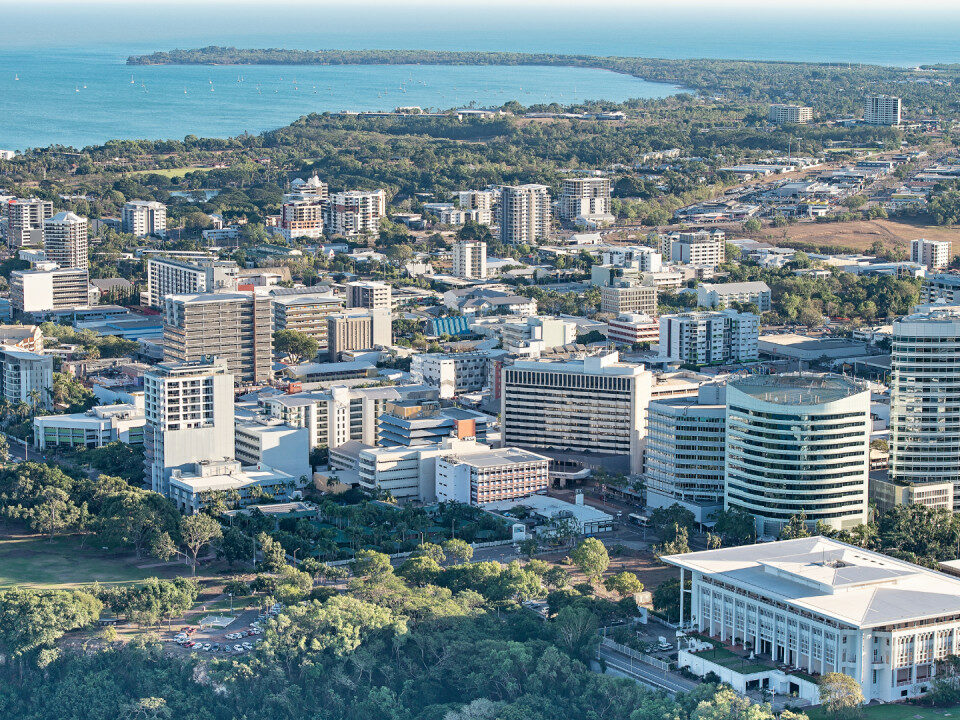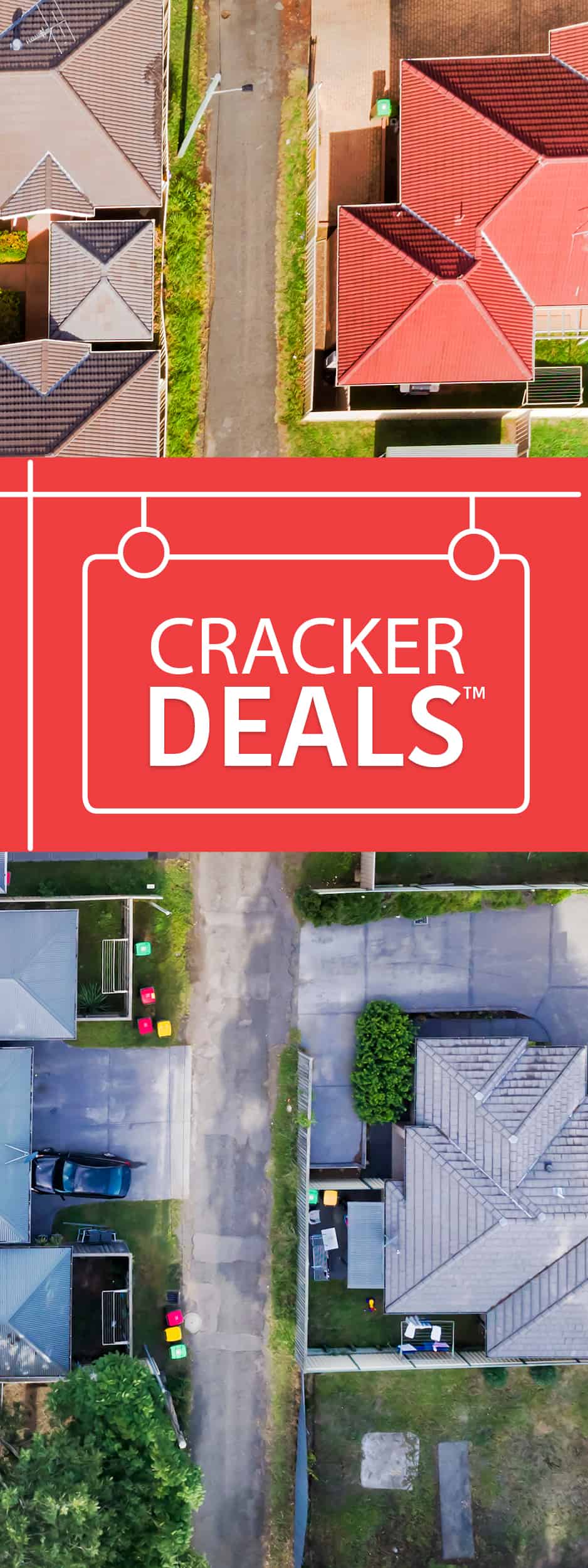- The first step is making the call.
- 1300 022 482
- hello@searchpartyproperty.com.au
Are Short Term or Seasonal Rental Properties Right for You?

Tourism is on an upswing, with foreign visitor numbers climbing steadily every year, with a particularly large surge in visitors coming over from China. When it comes to investing though, it always pays to get creative. Targeting deep-pocketed internationals in the old titans of Sydney, Cairns and the like may seem like the best bet, but of late interest has been growing amongst domestic tourists for more specific holiday destinations. Which has inspired both would-be local investors and those in search of a domestic holiday home to dip their toes into the market. For first time investors and those focused on a small number of quality properties, appealing to a domestic audience is potentially a more accessible road than trying to appeal to Chinese visitors, who are more likely in search of mass market hotels and package holidays. For those purchasing a property for themselves in a seasonal tourism area, it’s got to be an investment that is both practical and emotionally fulfilling. Or else a short term passion purchase has the potential to become dead weight.
Australian / Domestic Short Term or Seasonal Renters
Australians, as a market group, are still spending more money on overseas holidays than those they take domestically. However Australian tourism expenditure, home and abroad, are both on the up. This may account for the growth seen in seasonally specific locations in Australia. For example tourism to snowy mountainous areas are on the up in oz. Skiing in particular is difficult to find in Asia, and you need to go further afield to Europe or North America to find settings that can live up to what you find at home. Domestic trips allow holiday makers to cut down on expenditure and travel time. For investors in seasonal tourism areas here at home, it’s important to find a location that can remain consistent and provide something preferable to or at least remain competitive with international options. It’s also important to examine the hows and whys of booms in seasonal markets. These locations remain pretty consistent in their inconsistency, with spikes and troughs aplenty. Increases in visitors to snowy mountain regions for example are mainly being catered to by hotels. If you’re planning on buying a property for personal use that you’ll also rent out, be sure there’s going to be a market for it. Especially if you intend to visit at peak times and let in the down season. Your property might end up being empty for a lot more of the year than you intended.
Emotional Investment
Regardless of location, short term rentals whether it be a beach house in Queensland or a chalet in Thredbo, many of the necessary considerations and factors at play are consistent. The decision to purchase a holiday property entirely for personal use is going to be inevitably affected by emotion. In a sense it should be, a holiday fails if it isn’t emotionally fulfilling. It’s important to check that emotion with the facts though. How often will you use the property? If you’re visiting only a handful of times a year, do your finances and establish whether it wouldn’t be cheaper to just rent. Even with properties that are close at hand, you may convince yourself you’ll get a lot of use out of it with spontaneous visits, but remember life has a habit of getting in the way. More remote locations mean less access to services and conveniences. If you’re planning long stays in a holiday home think, think about how factors like internet access and medical services or lack thereof could play havoc with your getaway plans. An Airbnb will run you approximately $300 a night in Thredbo, but a property will go for $800k-$1mil. That’s a fair few visits, so it needs to be a location you really love or one you can utilise all year round. Perhaps both. For families these costs may be made small by the value of building a comforting home away from home. A place that emboldens familial bonding. But will this still be the case in five or ten years? Take stock of your needs, and anticipate what they’ll be in the future. If you can find some other amicable partners, friends or family perhaps, a co-investment could help to offset the overheads. (Link to earlier article on shared investment?)
Emotion can be useful in these types of investments. Your best bet will be to buy in the low season and sell in the high season. Whether you’re planning a long term letting investment, a quick flip or purchasing a private home, emotion can be used to your advantage. People tend to get caught up in purchases when they’re feeling most inspired, usually the high season. This is the prime time to sell, so if you’re buying it’s best to hunker down, give it some thought, and re-evaluate when the market turns favourable.
Advice on Short Term or Seasonal Letting
Seasons change, so do passions and property prices. When looking at holiday homes, especially seasonal ones, the emotional fuel can burn with fiery immediacy. Don’t allow yourself to get carried away into such unsteady markets. Tread lightly. The brightest flame burns out twice as fast.




